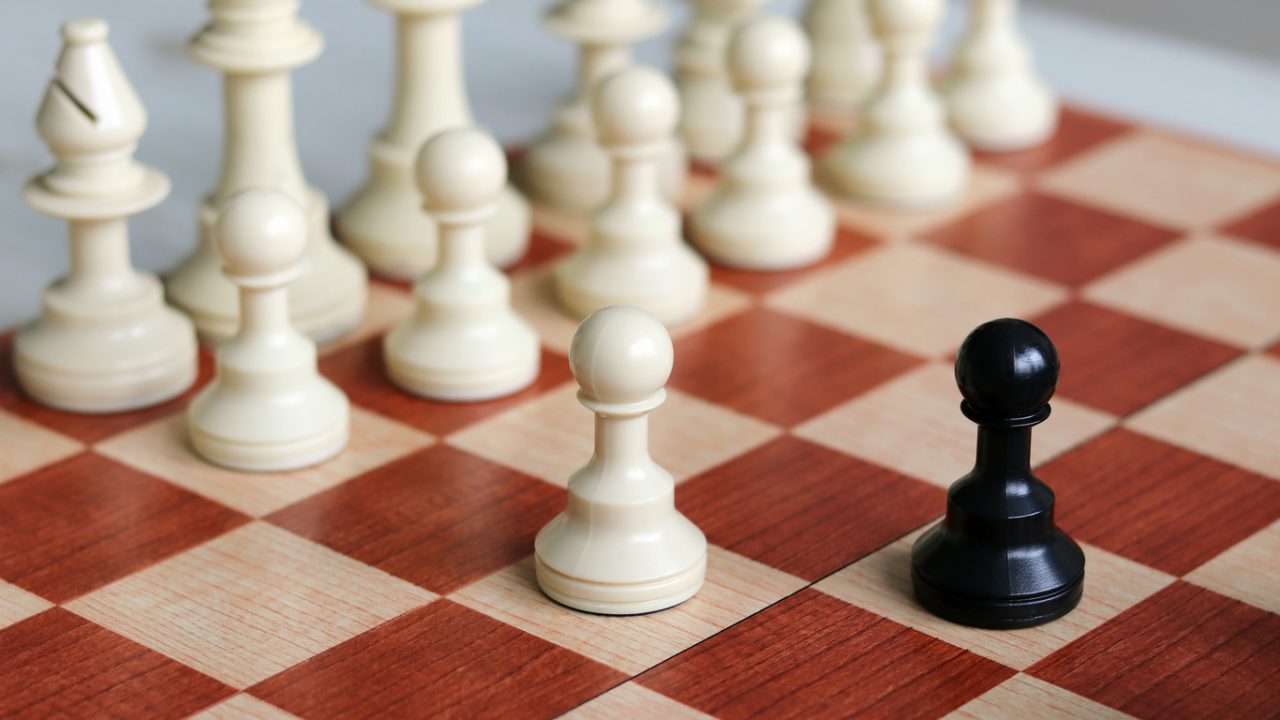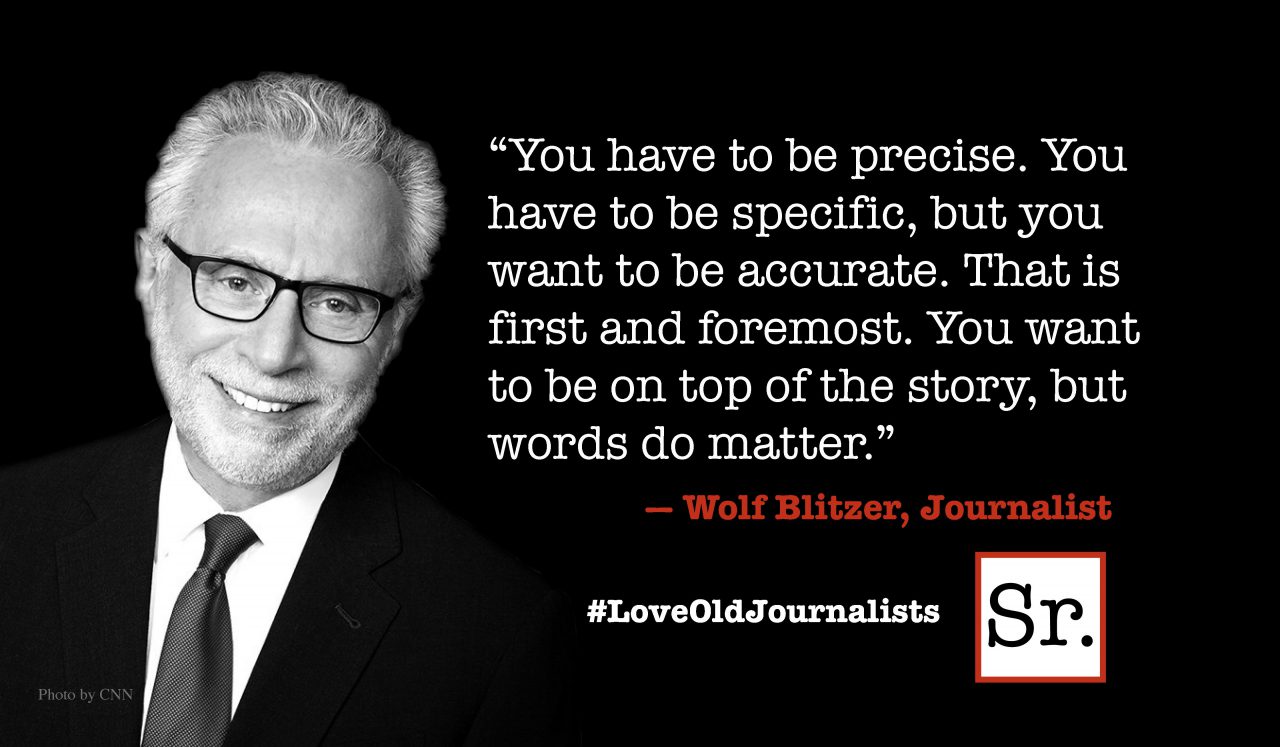Although I have never been much of an athlete, baseball was the one sport that got my attention as I was growing up (and it still does). Following my junior year in high school, the Philadelphia Athletics invited three members of our team to a workout with one of the coaches. Lower Merion High School was a recruiter’s gold mine. A few years later, Kobe Bryant played a little basketball for that institution and got the attention of the Lakers. Our football team was undefeated during all three years of my high school career. But baseball was just a ho-hum sport, and I was a just a ho-hum athlete, so I was never certain why I got the invitation.
In June of 1947 we three team members, excited by the opportunity, took a bus to an athletic field for the tryout. We were met by the coach whose first words were, “Mr. Mack (Connie Mack had owned and managed the team for fifty years) don’t take no niggers”. Our star third baseman was a black American. In 1945 Branch Rickey, owner of the Brooklyn Dodgers, had signed Jackie Robinson to play in the 1947 season, but that never affected Connie Mack. The three shaken kids looked at each other, and our decision came without a word being uttered. We got back on the bus and went home, and I had seen the last of the Philadelphia Athletics. Now over 70 years later, while the names of the coach and my teammates are gone, that event stays wedged in my memory.
Beginning in 1948, I attended college at a small church-related school in Oklahoma. Financial resources in my family being severely limited, I travelled by bus between my home in Philadelphia and my college in Oklahoma. The trip took three days, but what was the rush? On one of the early trips, on the first leg from my home to Pittsburgh, I was seated beside a young man who was in the U.S. Navy. We enjoyed by each other’s company for the two days it took for the trip to St. Louis where each of us needed to board different buses for the next leg of our journeys.
It had been a long second day across the Midwest and we had a five-hour wait in St. Louis, and it had been half a day since we had eaten. It was now 2 a.m. and nothing in the area was open, except the bus station lunch counter. So we sat down and started to place our orders. The waitress began to jot them down, but stopped writing and said, looking at me, “I’ll bring your hamburger in a few minutes, but he’ll have to get his in a paper bag at the back door.”
I was stunned and my new friend was humiliated. How was it possible in this nation that I who was not called to serve in the armed forces on the basis of my status as a ministerial student, could eat at a lunch counter in Missouri, and this man in the uniform of the U.S. Navy had to eat out of a paper bag at the back door? So we just sat there while my uneaten hamburger went cold, refusing to move until two police officers suggested we do! We said “good-bye” and eventually boarded buses to our next destinations. It would be more than ten years until students were arrested in Nashville for lunch counter sit-ins.
Shortly after arriving in Oklahoma I became the first white member of the local NAACP, which for me launched an anti-racism agenda lasting sixty years. Am I free of racism? No doubt there are evidences of racial bigotry in me that as yet I cannot see. And that reality will continue to haunt me. I have much yet to learn, and I am committed to seeking ways to explore what remains hidden.
I will always remember how three teenage kids somehow found what it took to stand against the racism of a powerful man and his famous sports franchise. And I will not forget a sailor and a lunch counter waitress for what they taught me.









